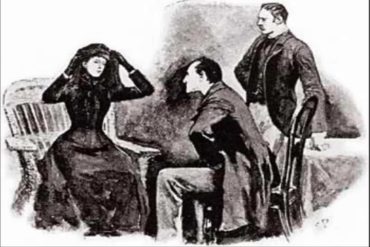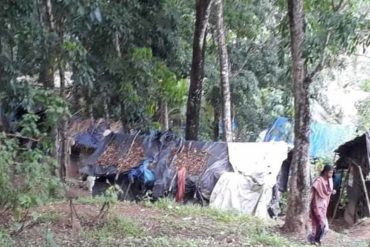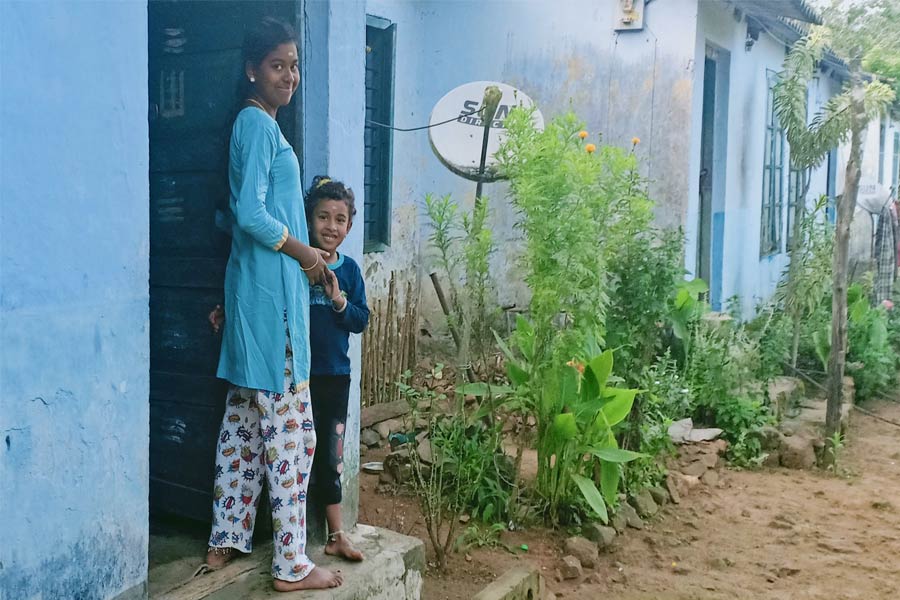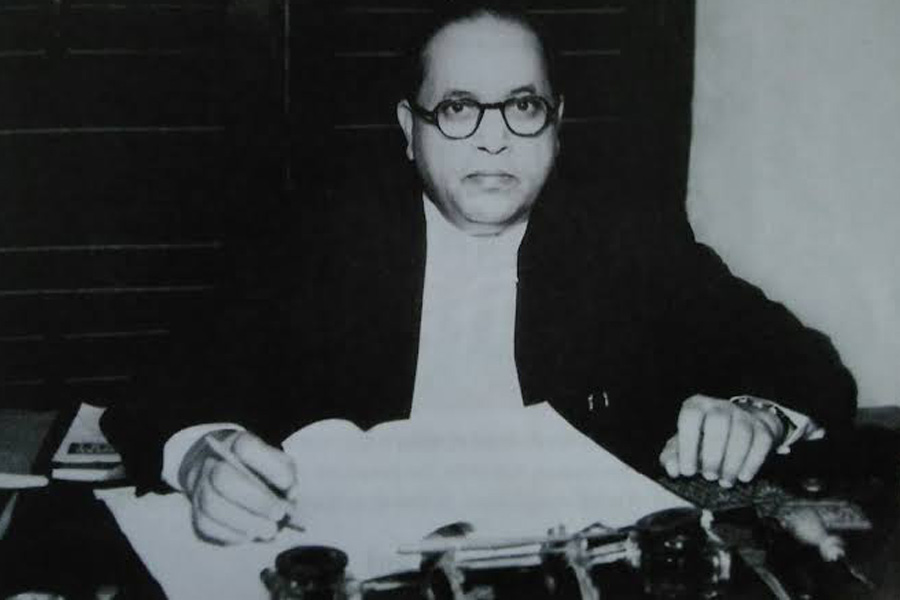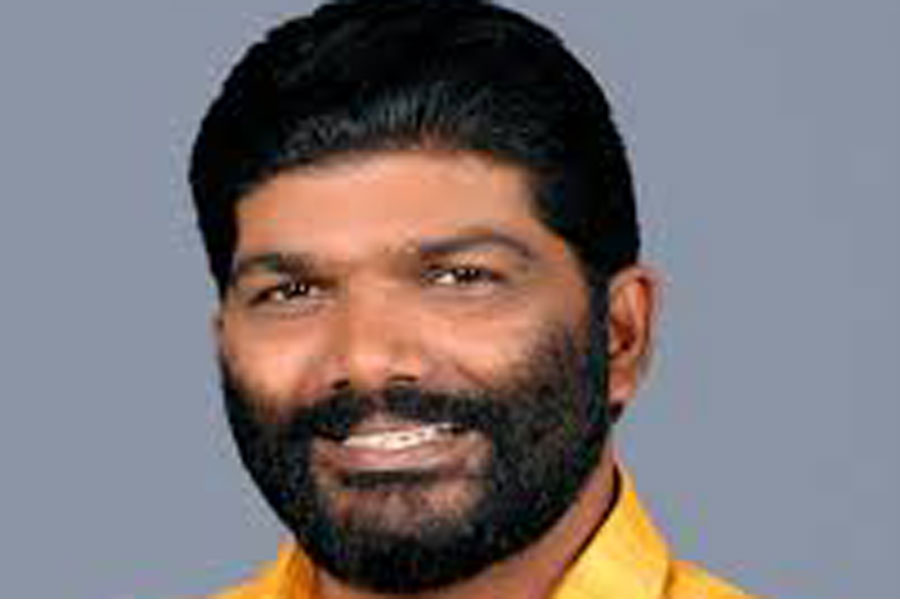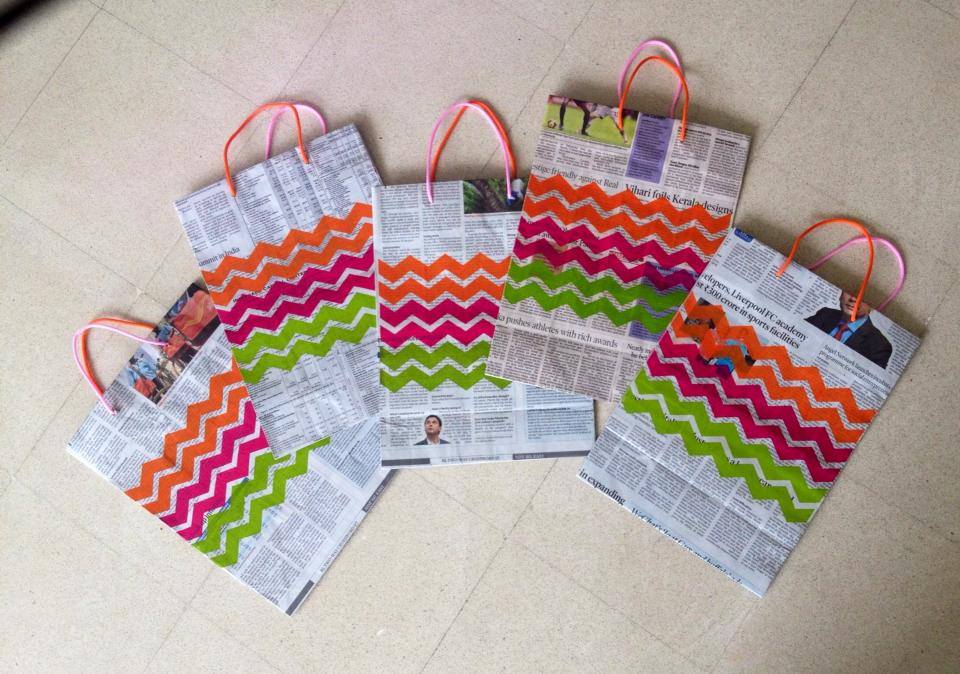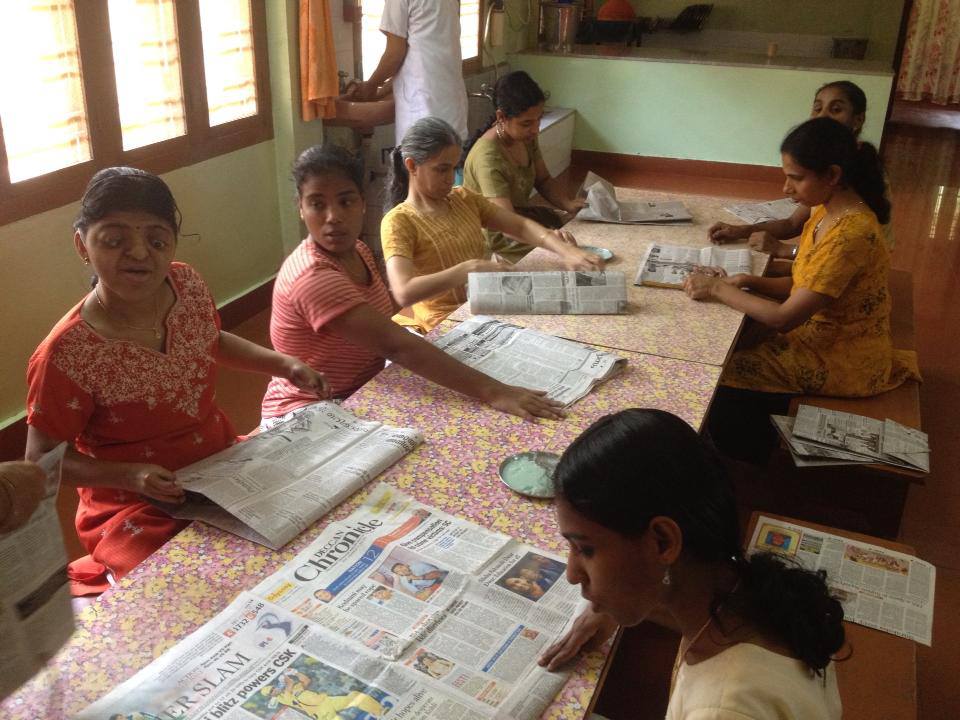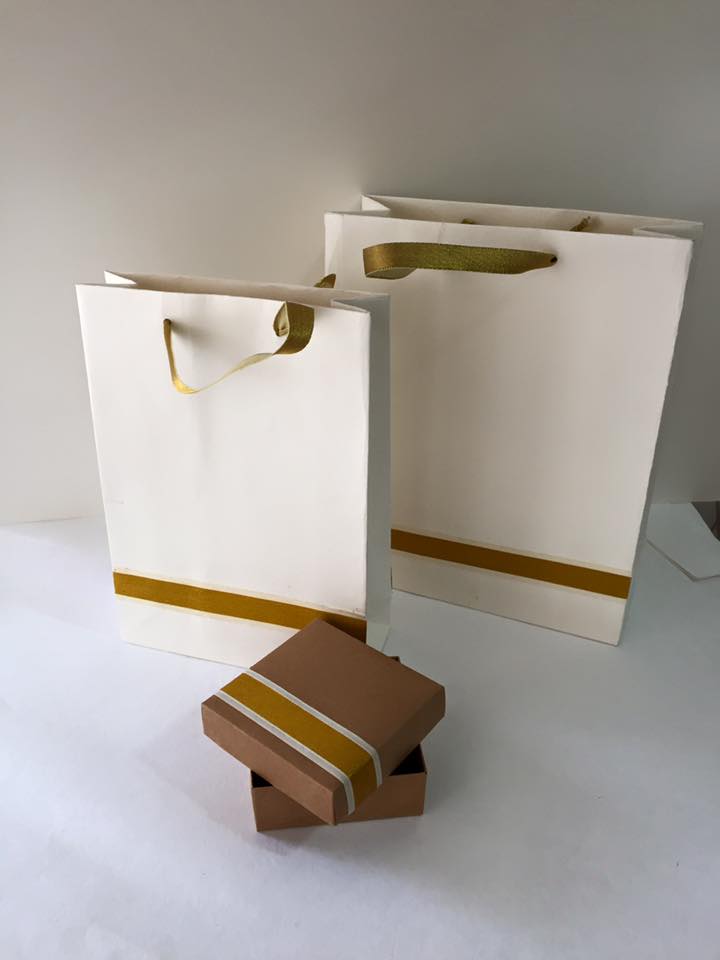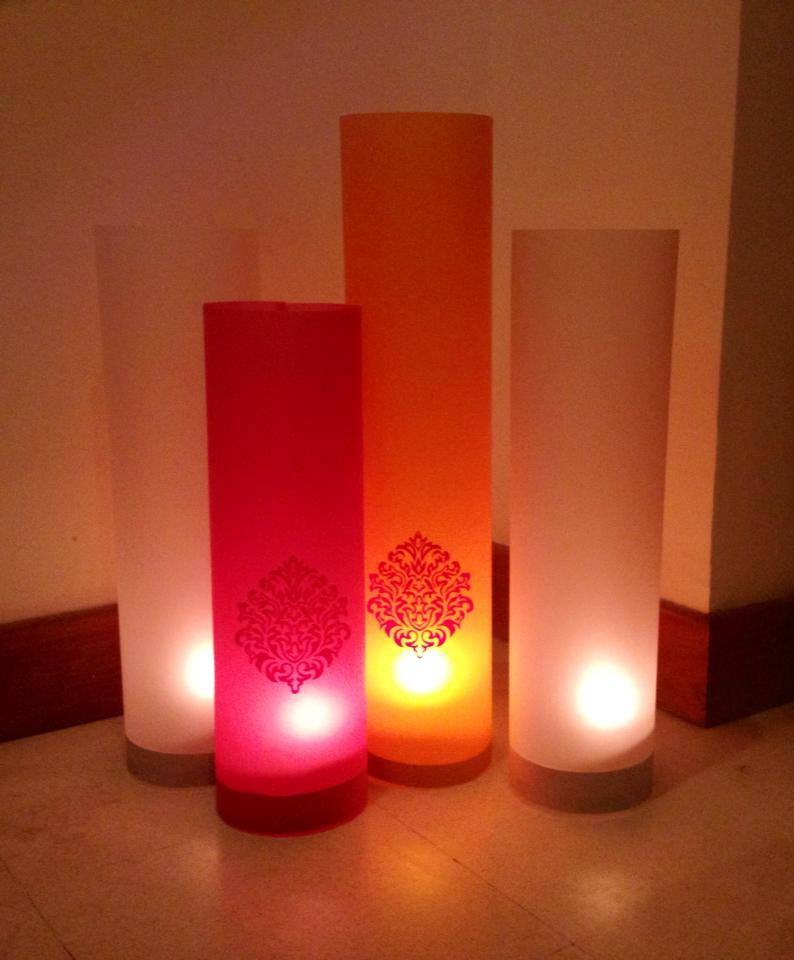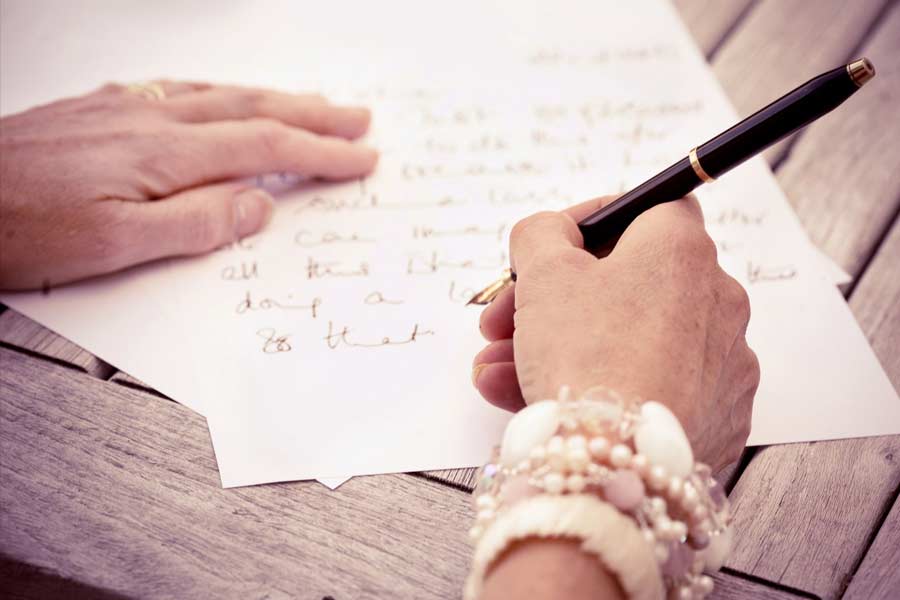For someone who loves stationery, Papertrail’s cosy office space in Kochi’s Thevara Ferry Road is a lovely little surprise. From paper bags, to lanterns, to boxes, this place has it all. What is perhaps lovelier is that these products are made by women from underprivileged backgrounds.
For Diwia, who started Papertrail in 2008, making paper bags wasn’t her first career choice. In fact, Diwia is a writer who runs a company called Wordworks.
Coming from a family of freedom fighters, Diwia was always socially conscious and wanted to do something that would help others. When confronted with personal challenges in her life over 15 years ago, Diwia decided to take the entrepreneurial route. This idea combined with the desire to make women financially independent is how Papertrail was born.
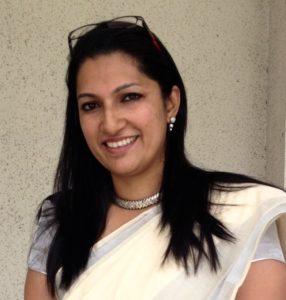
Diwia started by teaching these women how to make bags out of newspapers. They were paid Rs. 2 for each bag they made. Today, someone who makes bags for Papertrail has an earning potential between Rs. 3,000 and Rs. 10,000 per month, depending on the number of bags she makes. As for Diwia, she takes care of procuring the raw material, commissioning the products, and the marketing.
For women like Asha, whose husband passed away and the responsibility of raising two daughters unexpectedly fell on her shoulders, making paper bags is what puts food on the table.
“When I started the venture, I had the idea that the money these women make from the paper bags will be a secondary income for their families. However, for many of the women who are associated with us, making these bags is the only source of income.”
At any given point of time, there are at least 40 women making handcrafted paper products for the organisation and women across Kerala have found work with Papertrail.
“The whole idea behind starting this venture was that women could sit at home and make these bags. Once we have trained them and told them which type of bag they have to make, the women can make them from anywhere. We have women, from places like Thekkady, who make the bags for months together and send them to our office when their husbands come to Kochi,” she says.
Over the years, the organisation has also managed to reach out to orphanages, juvenile homes and jails, where the inmates are trained to make their products. For instance, there is a shelter where they make cloth bags from the cutting waste sourced from actor Poornima Indrajith’s boutique Pranaah. The expensive fabric bits are converted into tiny gift bags here.
“It is a difficult supply chain to manage, because things aren’t always consistent in the lives of these women. For instance, if someone’s husband falls sick, she doesn’t make anything for a whole week. The ideal way to run this business would be to hire ten people and put them in a room and get them to make these products day in and day out. Well, it’s not an ideal world,” says Diwia.
Though they started with the humble newspaper bag, the team now makes everything from lanterns, to cloth bags, to baking stationery, to fridge magnets, and origami birds. The diversity in the products also helps the women mentally as they aren’t doing the same work every day.
During the initial years, Diwia reached out to potential customers through word of mouth. Today, apart from catering to weddings and private events, Papertrail makes products for organisations like Fab India, MOD Jewellery, Vasundhara Sarovar, etc.
When asked about the organisation’s future plans, Diwia speaks of how Papertrail is finally going online.
“I usually have people calling me asking about boxes for items like a clock. They won’t tell me the dimensions of the clock or give me any other details. That’s when I realised I shouldn’t be answering these kind of questions, a website should be doing it. The website also makes everything simpler and the customer can customise the product to his or her requirement,” she says.
For the scores of women who are associated with Papertrail, this nurturing organisation is probably the only constant in their otherwise rocky lives. When she started Papertrail, little did Diwia know that it would grow into something so big. As for the future, Diwia still feels there’s a long way to go, but marches forward in the hope that she can continue to bring some light into the lives of so many women.
All photographs courtesy Papertrail.

